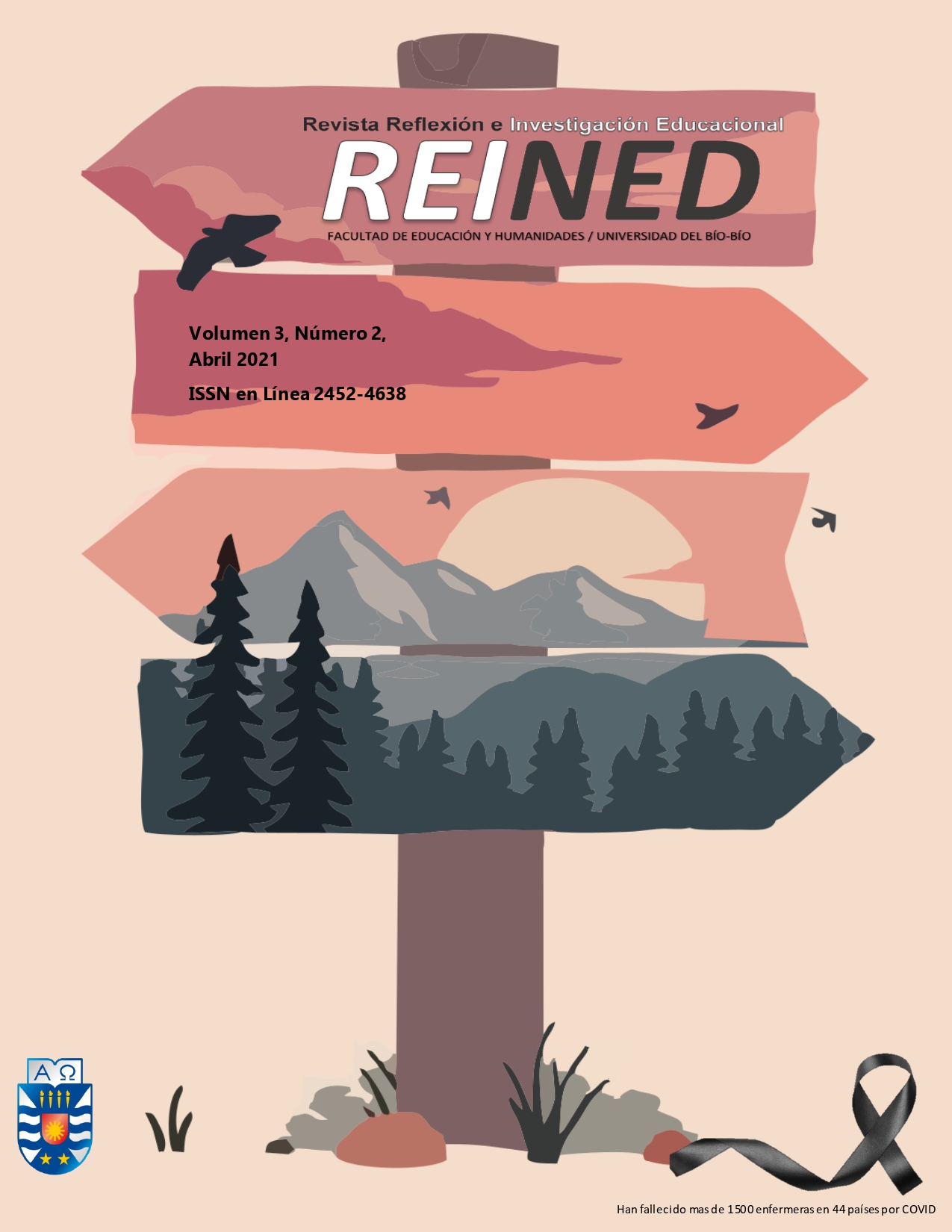Language teaching strategies of novice teachers and undergraduate students of an english teaching university program: a comparative study
Main Article Content
Abstract
Teacher competency in language teaching is a very relevant concern for EFL4 education. In order to be an efficient teacher of English, one must exhibit appropriate knowledge and expertise to teach students in a classroom. This study attempts to describe the relationship between the practice of the profession and the development of language teaching strategies in novice teachers and undergraduate students. To this end, data was collected using two instruments: Teaching Knowledge Test (TKT) and a survey designed for the purpose. The findings indicate that most of the undergraduate students and novice teachers of English have an adequate level of teaching knowledge. However, novice teachers performed better than students in the TKT module taken by participants. It seems that real practice has given teachers more tools and strategies to manage better the teaching and learning processes occurring in the classroom. The findings of the study aim to provide feedback for improvement to an English Language Teaching Program from a private Chilean University, as well as to provide evidence for practitioners and researchers interested in the topic.
Article Details
References
Abrahams, M. J., & Farias, M. (2010). Struggling for change in Chilean EFL teacher education. Colombian Applied Linguistics Journal, 12(2), 110-118. DOI: https://doi.org/10.14483/22487085.87
Barahona, M. (2014). Pre-service teachers' beliefs in the activity of learning to teach English in the Chilean context. Cultural Historical Psychology, 10(2), 116-122.
Barahona, M. A. (2014). Exploring the curriculum of Second Language Teacher Education (SLTE) in Chile: a case study. Perspectiva Educacional, 53(2), 45-67.
Borg, S. (2003). Teacher cognition in language teaching: A review of research on what language teachers think, know, believe, and do. Language teaching, 36(02), 81-109. DOI: https://doi.org/10.1017/S0261444803001903
Britt, P. M. (1997). Perceptions of Beginning Teachers: Novice Teachers Reflect upon Their Beginning Experiences. Paper presented at the Annual Meeting of the Mid-South Educational Research Association (Memphis, TN, November 12-14, 1997).
Creswell, J. (2008). Research design: qualitative, quantitative, and mixed method approaches. New York: Sage Publications Incorporated.
Darling-Hammond, L. (2000). Teacher quality and student achievement. Education policy analysis archives, 8, 1. DOI: https://doi.org/10.14507/epaa.v8n1.2000
Fantilli, R. D., & McDougall, D. E. (2009). A study of novice teachers: Challenges and supports in the first years. Teaching and teacher education, 25(6), 814-825. DOI: https://doi.org/10.1016/j.tate.2009.02.021
Farrell, T. S. (1999). The Reflective assignment: Unlocking pre-service English teachers' beliefs on grammar teaching. RELC journal, 30(2), 1-17. DOI: https://doi.org/10.1177/003368829903000201
Farrell, T. S. (2003). Learning to teach English language during the first year: Personal influences and challenges. Teaching and Teacher Education, 19(1), 95-111. DOI: https://doi.org/10.1016/S0742-051X(02)00088-4
Golombek, P. R. (1998). A study of language teachers' personal practical knowledge. Tesol Quarterly, 32(3), 447-464. DOI: https://doi.org/10.2307/3588117
Hernández, R., Fernández, C. & Baptista, P. (2010). Metodología de la Investigación. Ciudad de México: McGraw-Hill.
Johnson, K. E. (1992). The relationship between teachers' beliefs and practices during literacy instruction for non-native speakers of English. Journal of Literacy Research, 24(1), 83-108. DOI: https://doi.org/10.1080/10862969209547763
Numrich, C. (1996). On becoming a language teacher: Insights from diary studies. Tesol Quarterly, 131-153. DOI: https://doi.org/10.2307/3587610
Shulman, L. S. (2017). Those who understand: Knowledge growth in teaching. Journal of Education. 2013;193(3), 1-11. Doi:10.1177/002205741319300302 DOI: https://doi.org/10.1177/002205741319300302
Tagle, T., Del Valle, R., Flores, L., & Ackley, B. (2012). Las creencias de autoeficacia percibida de estudiantes de pregrado de pedagogía en inglés. Revista Iberoamericana de Educación, 58(4), 1-1 DOI: https://doi.org/10.35362/rie5841416
Wallace, M. J. (2004). Training foreign language teachers: A reflective approach. New York: Cambridge University Press.

